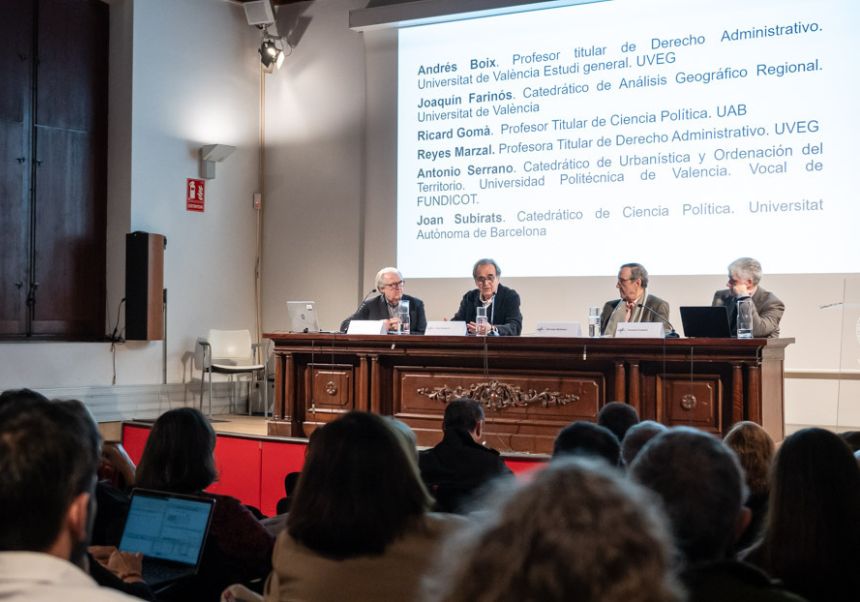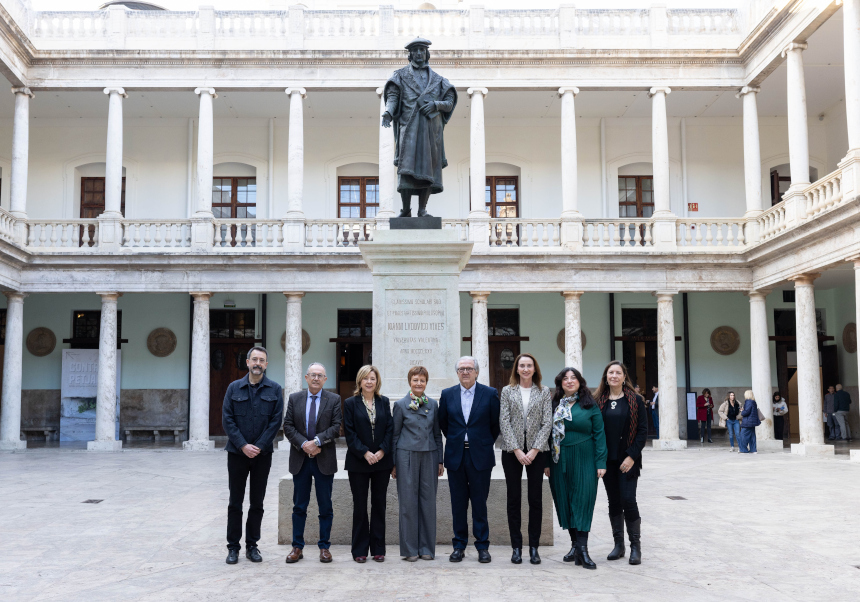“Scientific evidences about climate change and territory in the Iberian Mediterranean. Effects, strategies and public policies. Main recommendations” gathers the conclusions of the 1st Expert Conference on “Climate Change and Territory in the Iberian Mediterranean” held January 2025 with the participation of over 70 researchers from 15 universities.
The document presents 82 recommendations divided in 13 different thematic areas, backed by decades of research, to provide some guidance for the creation of policies that reduce and adapt our territory to the climate events, specially to face extreme phenomena such as heatwaves, droughts, DANAs and floods.


















